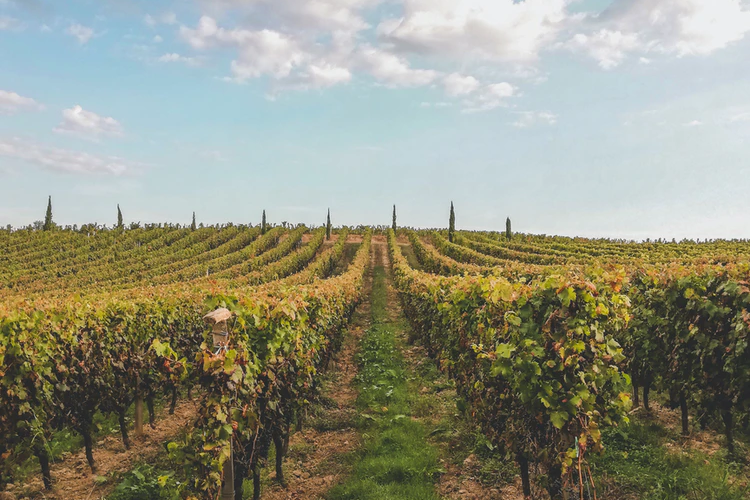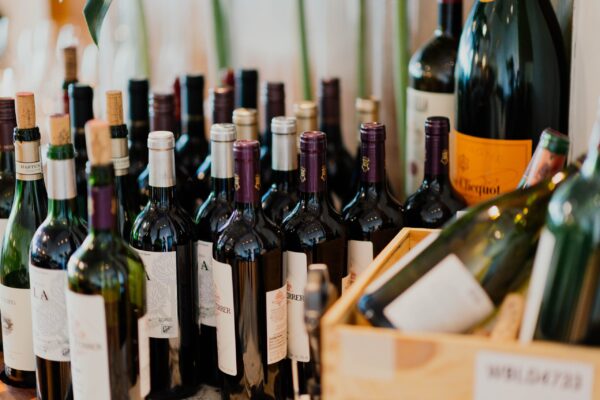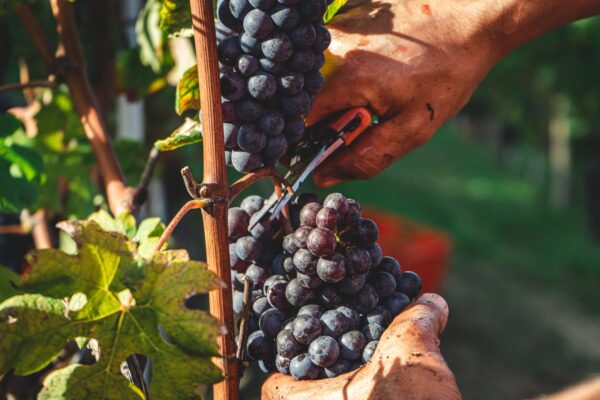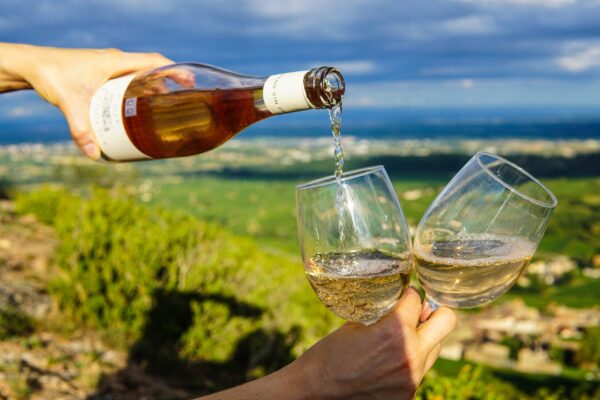Winegrowing has evolved a great deal over the last several decades. It was only at the end of the 19th century that Pasteur succeeding in understanding the fermentation process and how sugar is transformed into alcohol by yeast. Winemaking is thus a contemporary science which will continue developing in the years to come.
More responsible winegrowing
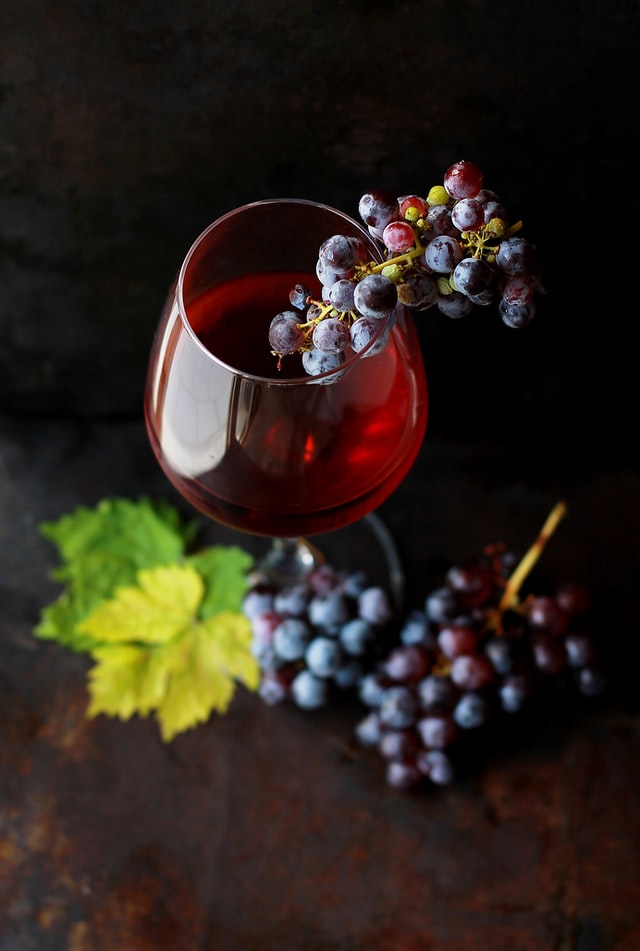
For years, the focus was on producing mass quantities and increasing vine yields to provide basic drinking wine for all. This meant selecting the best producing plants for reproduction (mass selection) and later even cloning them (clonal selection).
Over the last 40 or 50 years though, winegrowing has begun to become more responsible in order to achieve better quality wines. Producing less but better is now a trend.
Climate change and its disruptive effects
In the years, the decades to come, climate change will be an issue for winegrowing. The grape varieties used in places with a continental climate today will probably be unsuitable for the Mediterranean climate that they will experience in the future.
In France, winegrowing regulations are based on the notion of terroir and the principle of time-honoured and trustworthy local practices. This means that appellations or denominations are awarded on the basis of historical local traditions.
Yet nowadays, it may no longer be possible to use the appellation’s local grape varieties. With climate warming, regulations may need be adapted and changed within the next few years.
Protection of vines and the environment
With mankind’s appetite for technology, abusive winemaking practices may well be feared. Today, abuses do indeed exist. Making wine has become so easy that it is possible to make wines of an acceptable quality from any terroir, including those of little interest. These are what we call ‘technological wines’. Fortunately, however, producers tend to respect their terroir, history and tradition. This is what allows us to have wines that are not all the same.
Today’s understanding of winegrowing and winery processes allows to us to be more environmentally friendly, which translates to an extremely low use of chemical products. We can now also better manage the plants, the soil and the overall vineyard environment thanks to clonal selections and new technical expertise.
In recent years, there has been a shift among winegrowers towards an organic philosophy. This involves many changes. For example, using less sulphur in the vineyard is increasingly common. Thanks to science, Man is taking a more organic approach and respecting the vines more.
So even though winegrowing has come a long way since Pasteur, further changes are likely in the coming years, especially in connection with the climate challenge.
Learn more
The number of organic wines being grown and made is on the rise. To learn more about the different certifications and farming approaches, read our article: Organic, biodynamic, sustainably grown, HVE and natural wines – how do they differ?
